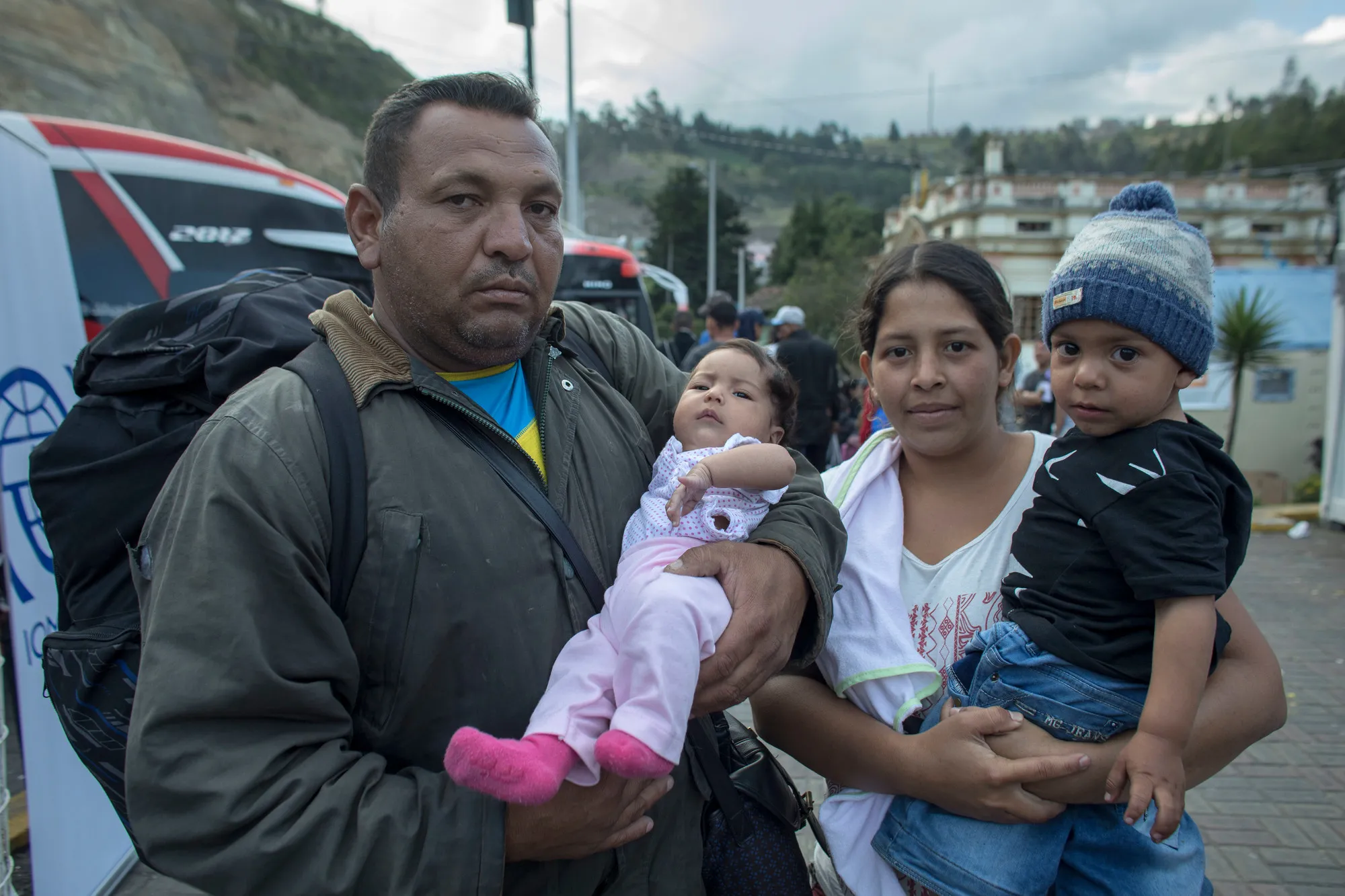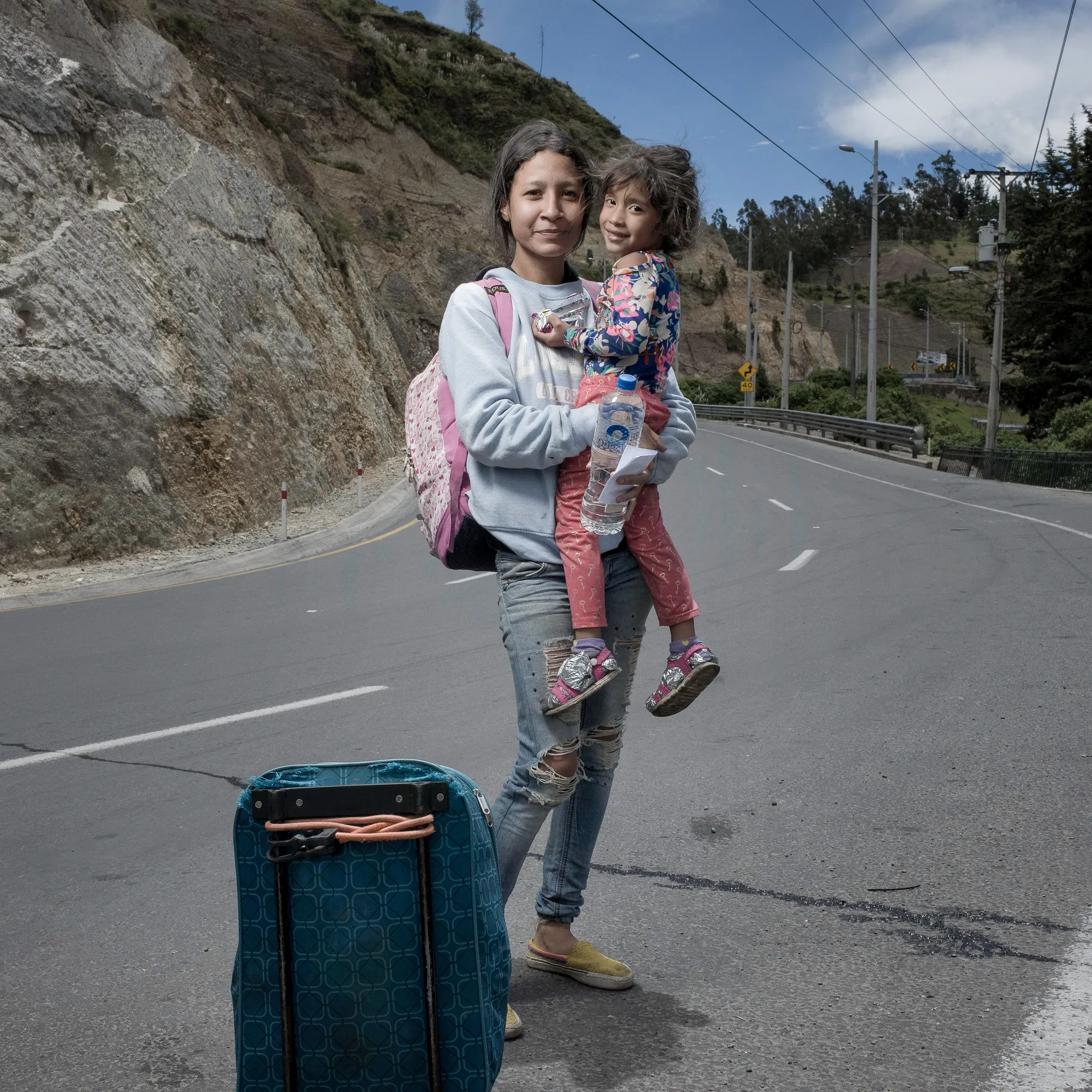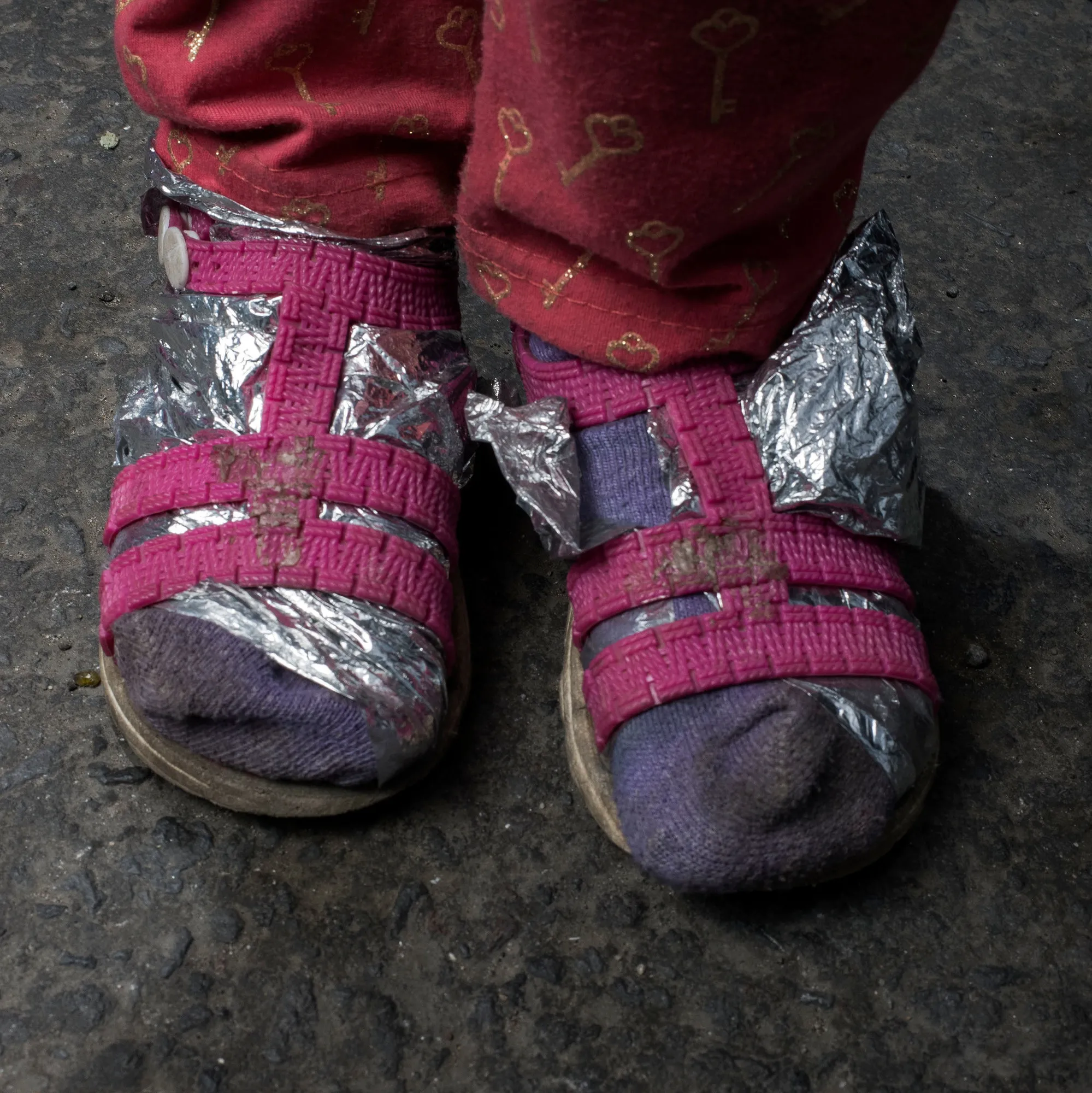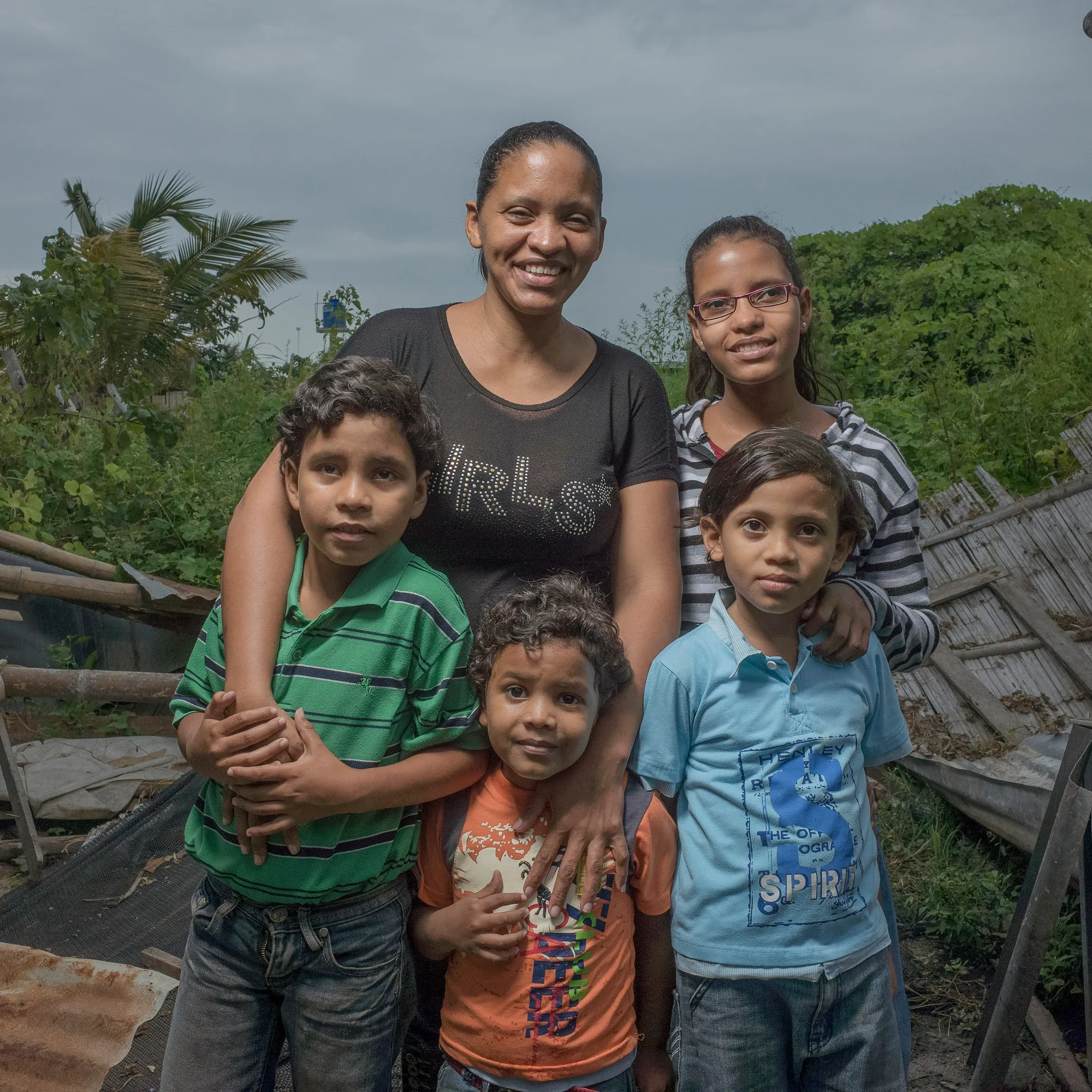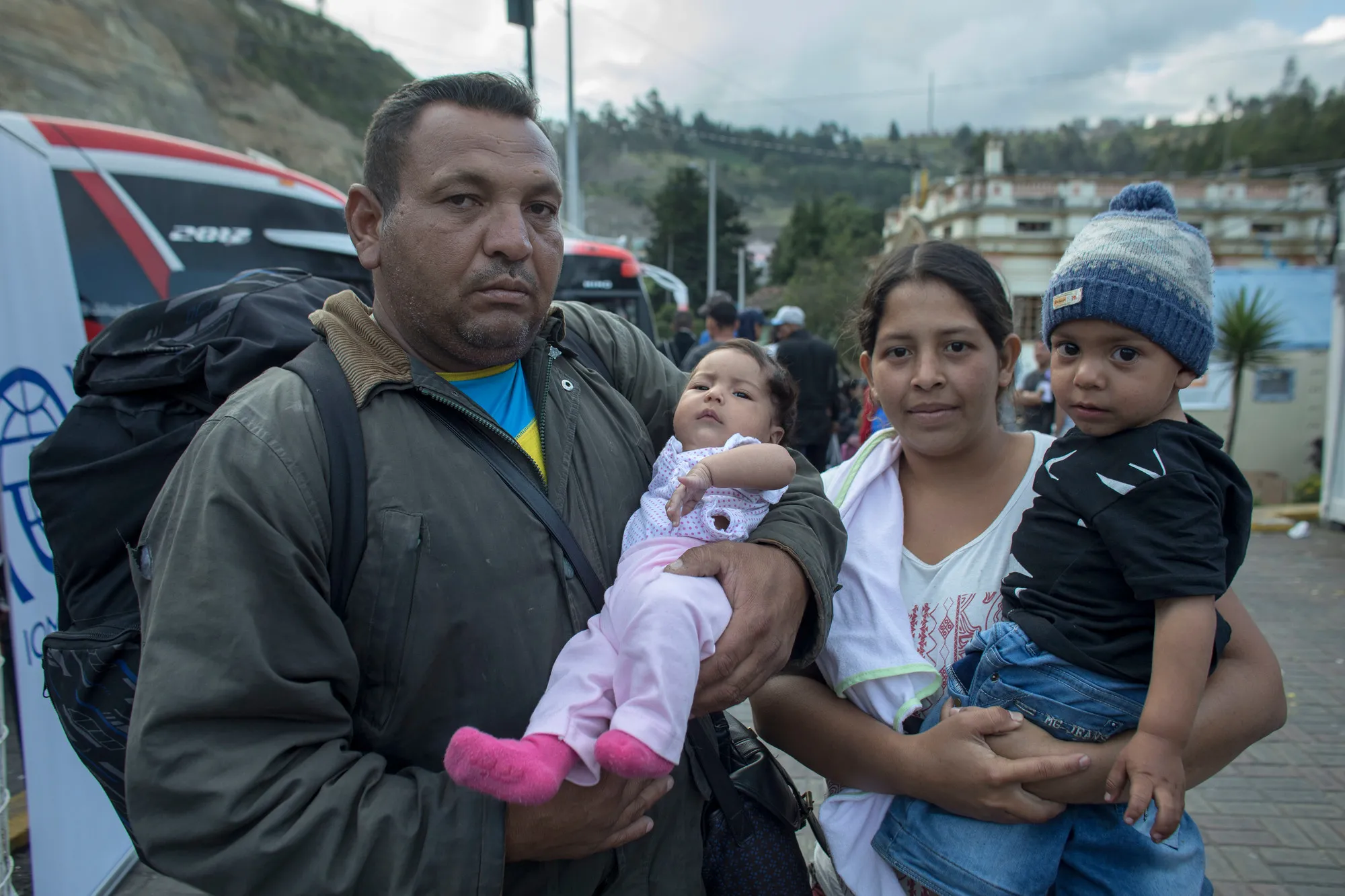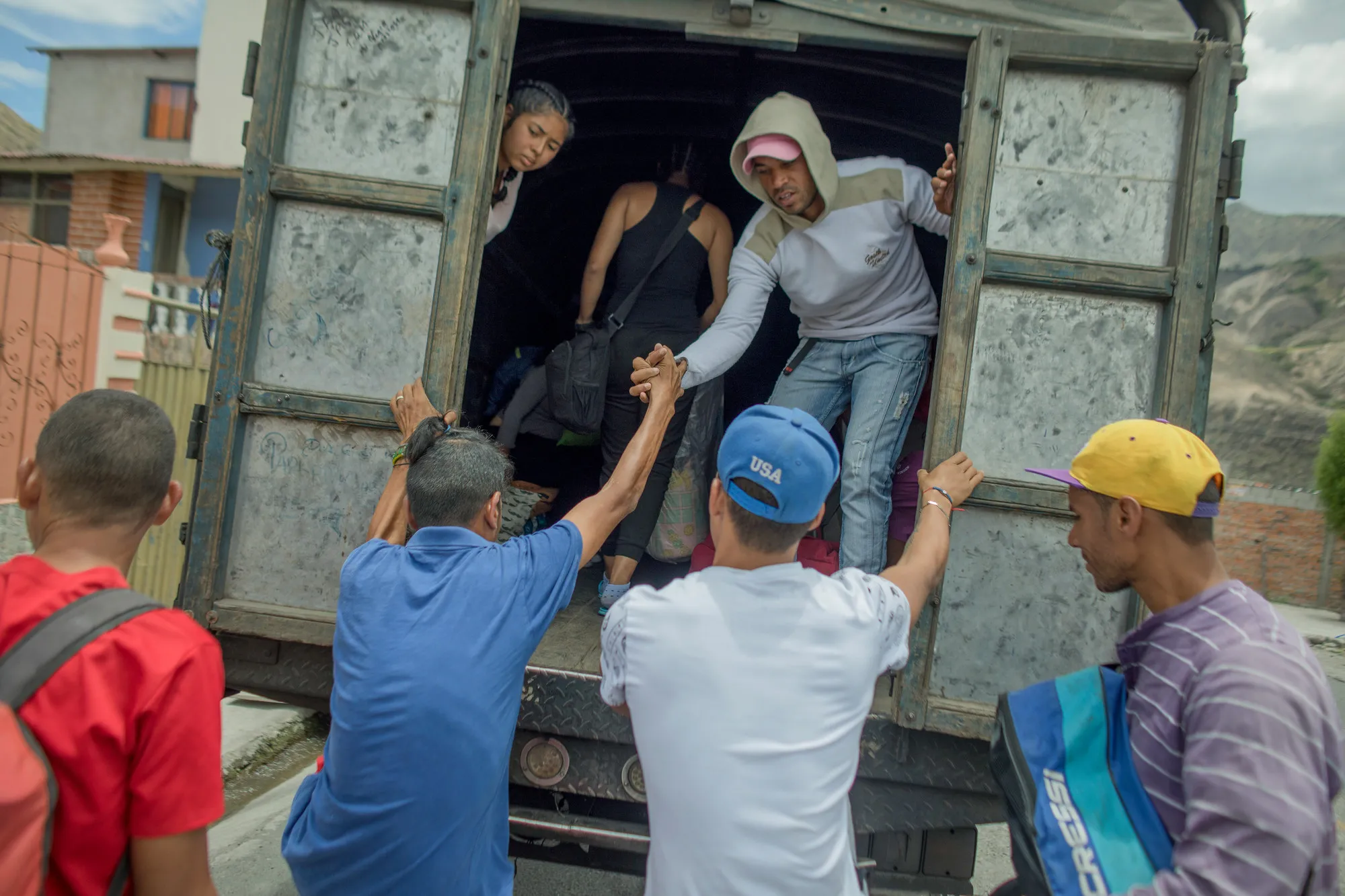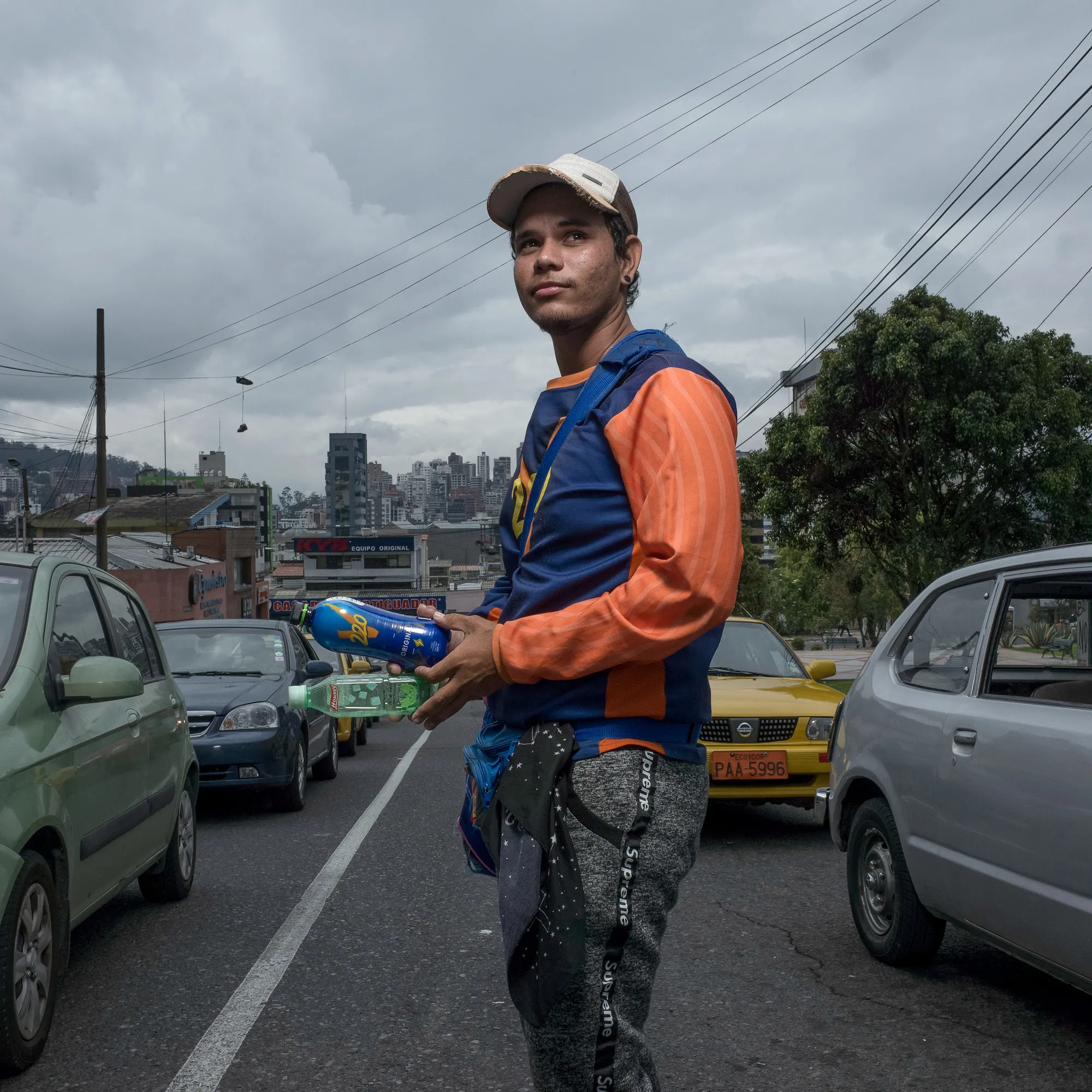More than 4.6 million people have fled Venezuela due to hyperinflation and shortages of food, water, and electricity, according to the latest figures from the United Nations High Commissioner for Refugees. Those who remain in the country face a crumbling health system and shortages of basic necessities.
The majority of migrants who have been forced to flee are resettling in neighboring countries including Colombia, Ecuador, and Peru, where their futures are uncertain due to changing government regulations, xenophobia, and high unemployment rates. According to estimates, 90% of Venezuelans live under the poverty line.
Abuse and exploitation of women and girls migrating from Venezuela has reached alarming levels. An analysis of the Venezuela-Colombia border found troubling indications of sexual violence perpetrated against women and girls at informal border crossings. They face extremely high risk of abuse, exploitation, trafficking, and being compelled into transactional sex as a means of survival.

